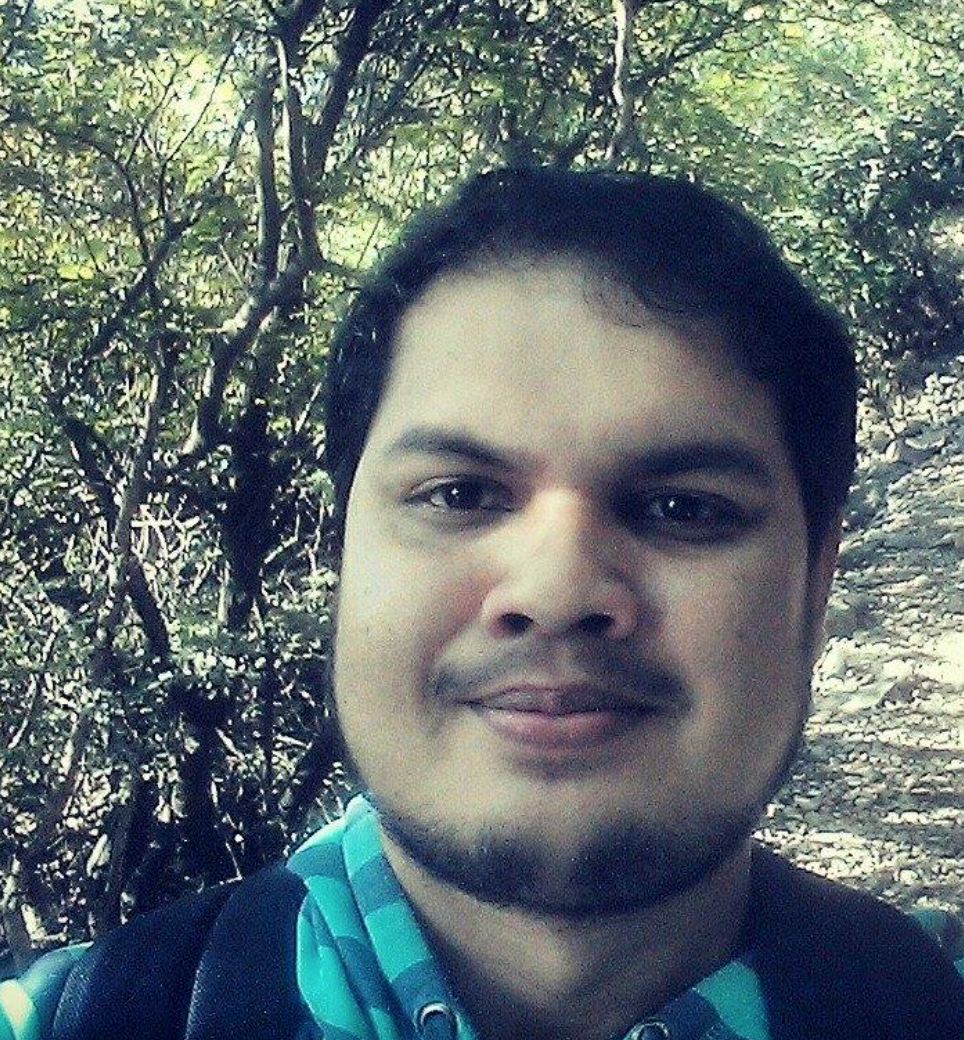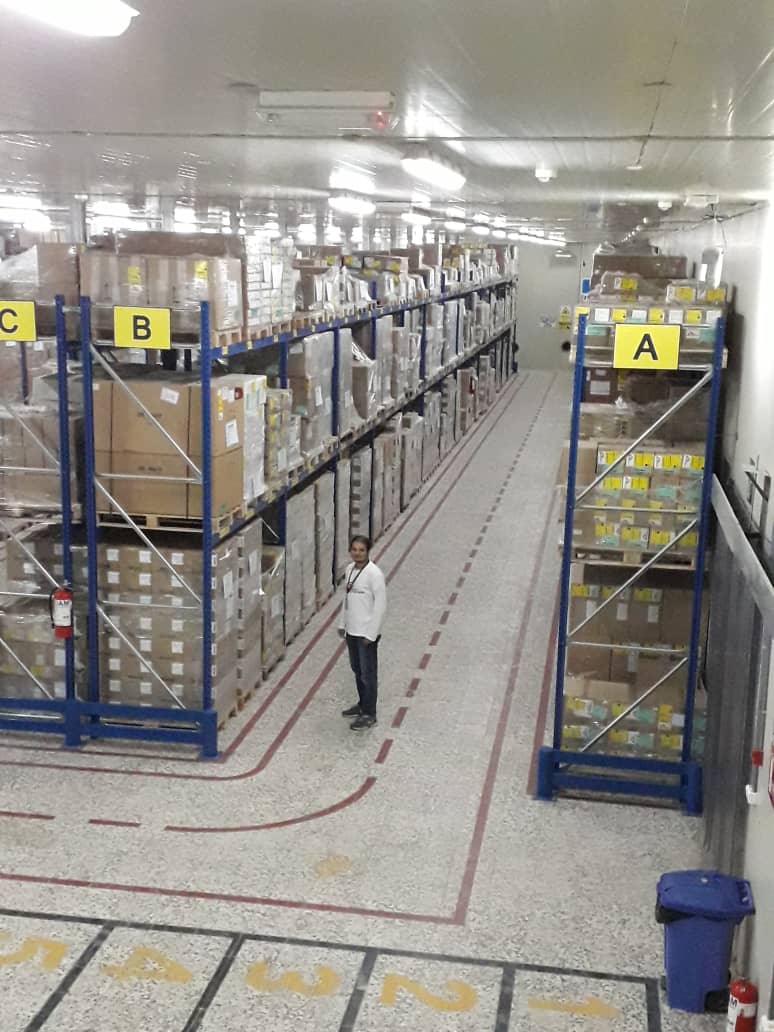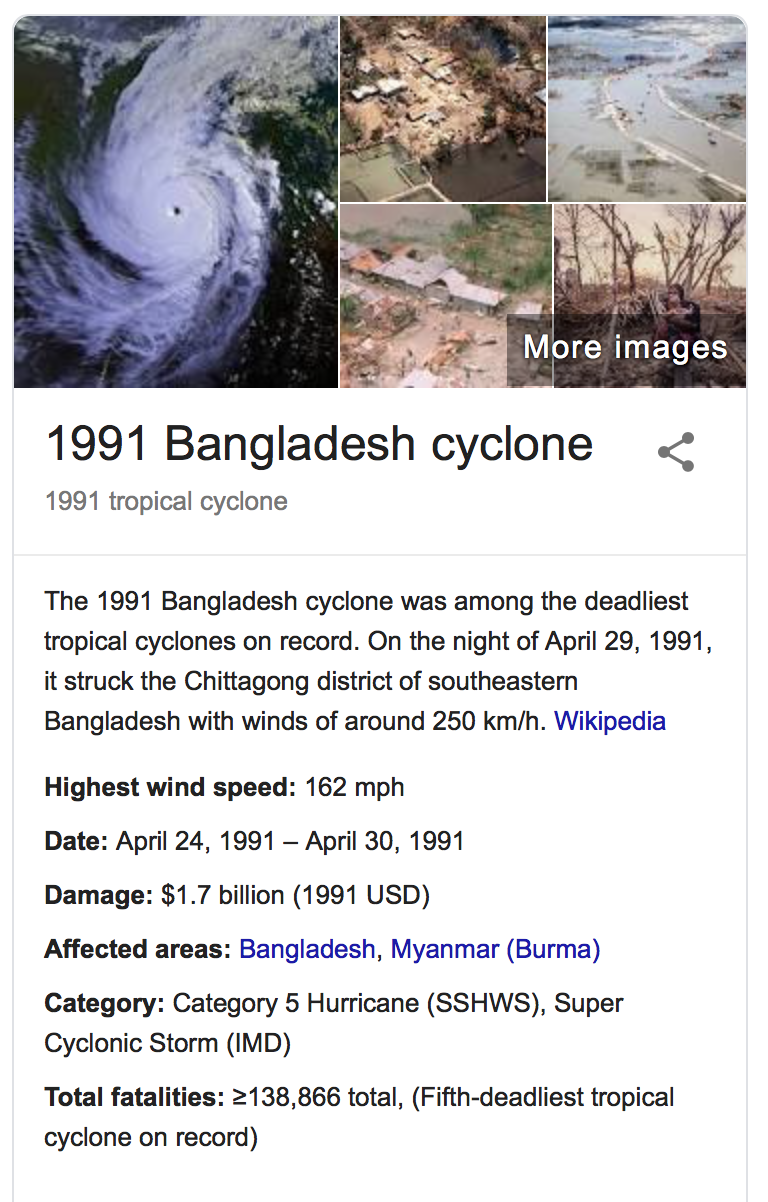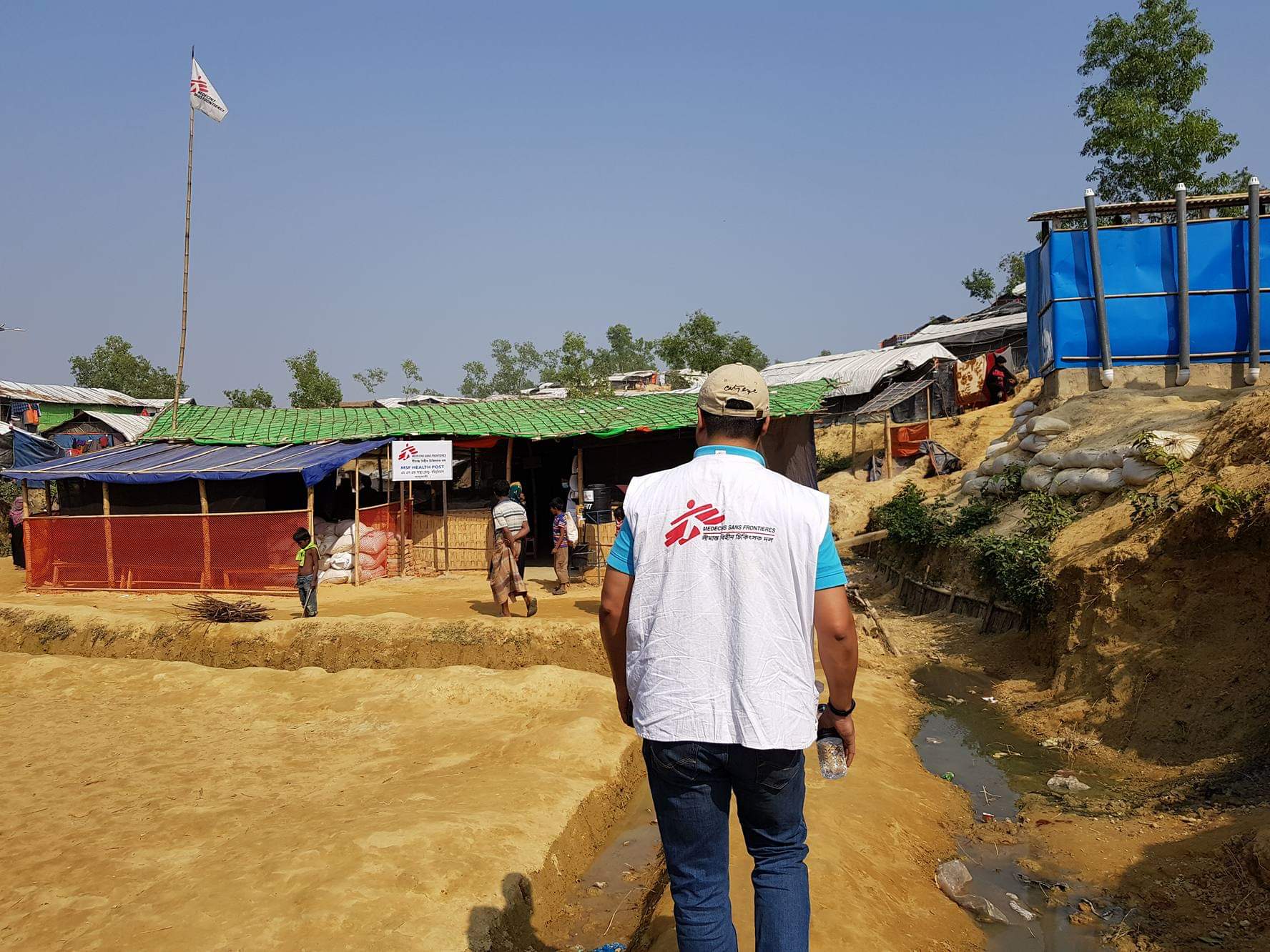And now, A profile of Tawhidul, a humanitarian
“I really like working for my organisation. This is not for the money, of course, it is to see different parts of the world and how people are suffering … and how I can help.”
-Tawhidul Hamid
 This is a profile of one humanitarian worker, but his story is not unusual. Indeed, there are countless national humanitarian workers all over the globe with stories very similar to his. Worldwide there are over 500,000 humanitarian workers, and approximately 90% of them are national workers.
This is a profile of one humanitarian worker, but his story is not unusual. Indeed, there are countless national humanitarian workers all over the globe with stories very similar to his. Worldwide there are over 500,000 humanitarian workers, and approximately 90% of them are national workers.
My goal is to have both the larger academic and global communities know more about national aid workers. A common stereotype I have encountered both among my students and colleagues is that aid workers are global North white people that are sacrificing their lives and ‘saving the world.’ From my research, I know that most humanitarian aid workers are Jordanian, Filipino, Bengali, Kenyan, Iraqi, and so on; they are mostly from the global South. And their voices need to be heard.
Introducing Tawhidul Hamid
Born in Bangladesh, Tawhidul (more informally, Tawhid) Hamid is a Logistics Coordinator (Supply) for Doctors Without Borders/ Médecins Sans Frontières (MSF) currently deployed to Kabul, Afghanistan. He was previously deployed for MSF in Amsterdam as a supply chain consultant, in South Sudan as a logistician (supply), in Yemen, and, significantly in Uzbekistan. While working Uzbekistan, he met his wife with whom he now has two young children.
Tawhid was born into a middle class family in Cox’s Bazar, Bangladesh. The home he grew up in was so close to Myanmar that he could see Rohingya villages across the river. As a young man he was educated at Cox’s Bazar Government High School and then Cox’s Bazar Government College, moving then to university where are received his undergraduate degree in accounting from National University of Bangladesh and his MBA in Human Resources from a private university in Bangladesh. Married and father of two, he is frequently away from his family as he is deployed or traveling as part of his job as a humanitarian.
This picture of Tawhid (below) shows a typical humanitarian at work. This picture of him in a MSF warehouse in Kabul, Afghanistan is not glamorous or flashy, and there are no

beneficiaries in need of healthcare/humanitarian assistance in sight; the opposite of poverty porn.
This view of humanitarian work reflects the day in and day out background effort necessary to make aid happen. For every MSF doctor doing surgery there is a small army of people like Tawhid making this surgery possible. The humanitarian ecosystem is just that, an interwoven array of mutually interdependent organizational roles all contributing toward the larger mission.
Most of what the public sees on glossy brochures or on 30 second PSA’s (public service announcements) is one small, non representative view into humanitarian world. The bulk of the work being done in countless cubicles, warehouses, and cramped offices.
To an outsider, the job title ‘logistics coordinator’ may not sound essential, but the simple fact is that if Tawhid does not do his job effectively people can die. The medicines and supplies that he makes sure are available to the medical staff must be sourced from many places around the world. These supplies have to be delivered in a timely fashion to MSF clinics and treatment centers, and sometimes this job presents challenges. Tawhid has to deal with everything from helping to secure permissions for the airline transfer of supplies across international borders to arranging for local transport of supplies from one location to another.
He tells the story of when he was stationed in South Sudan of needing to get medical supplies to a very remote location and having to use donkeys to transport these goods. Food purchased for the donkeys, after some discussion, was deemed ‘fuel’ when it came time to account for transportation costs. In Yemen he recalls having to use camels to get some supplies over a mountain pass, supplies that meant life or death to those in need at the MSF facility.
What happened in 1991
So, back to Tawhid’s story. Why MSF? Why humanitarian work?
 His story goes back to late April, 1991 when as a young boy of 10. Luckily, he was not among the 138,000 casualties from a Category 5 cyclone that struck Bangladesh, causing massive flooding and leaving 10 million people homeless. Though he and his family were faced with disaster, the humanitarian aid they received was very welcome but, as I learned, his experience observing the humanitarian response had lifelong impacts for Tawhid.
His story goes back to late April, 1991 when as a young boy of 10. Luckily, he was not among the 138,000 casualties from a Category 5 cyclone that struck Bangladesh, causing massive flooding and leaving 10 million people homeless. Though he and his family were faced with disaster, the humanitarian aid they received was very welcome but, as I learned, his experience observing the humanitarian response had lifelong impacts for Tawhid.
“That time I kind of got introduced to humanitarian work, seeing them doing the job”. When I asked him if he could remember the names of any organizations that came to assist he noted that, “I don’t remember the names, but I could remember two logos. One of them is MSF, one of them is UN. It was indeed UNHCR.” He was introduced to humanitarian work and also to….chocolate.
“The first chocolate I ever ate. It was given in my school and it was given by a NGO worker. I still remember that, yeah.”
And then just a few years later, “When I was in high school in Cox’s Bazar City, the UNHCR office was right very close by. I used to see the UNHCR office and I used to dream like when I will grow up and work with these people. That was my dream actually.” In 2005 after taking the time and effort to learn English and gaining computer skills, he got a job

with UNHCR doing data processing, and his career as a humanitarian was begun.
“Of course, Bangladesh being a developing country, there are issues with the job, but we were very fortunate that we were learning English. They [the UNHCR] needed a combination few things to do in that project. One of them is people have to be local so that they could communicate to the Rohingyas. Second, also, they need to know little bit English so that they can do the things in English, and the third is particularly that they need to know computer work so that they can enter the data. Once it was done and the project got closed, I moved again and went to college and started studying. Then I got introduced to MSF. I worked in MSF for one year. After one year, the project got closed. At the same time, UNHCR needed logistics officer and I got selected. So, that is how I ended up again in UNHCR and I worked there for 3 years.”
He then went back to MSF, and has been with them ever since.
Tawhid was, from a very early part of his life, attracted to helping people in need. From what I have learned interviewing many humanitarians, his story is indeed very common among national humanitarian workers, transitioning from being part of the affected community to the role of assistance facilitator and provider. The line separating these two roles -the helper and the helped- is tenuous in much of the world, and life circumstances can change all too quickly. There is no data on this to my knowledge, but I would hazard the guess that the majority of national humanitarians have traveled this same path, giving back to their country of origin with a care and compassion that comes naturally when acting in service to one’s own home nation.
Working in a conflict zone
This happened a day before one of our interviews. I asked Tawhid about his deployment now in Kabul, arguably one of the most dangerous spots on the globe. He said,
“Yeah, it’s – sometimes, it’s only the highly motivated that can work in this conflict zone [and] can help. Of course, we know that there is a risk but, you know, if we think about risks also in Bangladesh, there was a road traffic accident last week where a number of people got killed, it’s more than the number of casualties in Afghanistan. We know that where we are going, we are saving lives. Someone needs to go there, so, that’s how we come to decisions.”
He noted further,
“Yeah, about the work we do … we are saving lives here, so there’s the motivation and you don’t need more than that. I can give you many examples. Like several weeks ago, there was an eight year old kid came to our clinic. There was a blood donation program going on, so he came to give the blood together with his father. He said. ‘I was saved by this hospital when I was very young kid. So, now, I’m here to donate my blood.’ So, of course, we didn’t take his blood because he’s not 18, but that’s the motivation we get.”
We also talked about his previous work for MSF in Cox’s Bazar dealing with the Rohingya emergency response. He offered,
“Yeah, it’s difficult, yeah, it’s heartbreaking. So, last year and around this time – exactly one year ago when I was in person at the border where the people are crossing. So, we are hearing the gunshots and see the smoke from the other side of the border and people are crossing, so, it’s heartbreaking. It’s really heartbreaking. So, I was put in that position that time, so, what I did is I requested for mental health support for our staffs. Not only for the patients, the staff themselves were also traumatized by seeing these people, the woman got rapped and the gunshot wounds; people keep coming. So, it was a traumatizing situation. There, not only our mental health personnel but the rest of our staff got psychosocial First Aid Training, so that they can help all these traumatized people.”
Mental health
We talked about mental health issues among humanitarian workers and agreed that this is a major issue. Though MSF is fairly good at providing psychosocial support for their staff, there are countless National NGO’s without the human or financial resources to provide this care. For his part, Tawhid said that he uses yoga, meditation, exercise, and support from close friends and family to stay focused. Taking time for mental health reasons is not always possible, though, since “…there was no time for it because it was quite busy working around the clock assisting these people.“
Though a quiet man by nature, Tawhid is very social when it comes to media, having started more than one Facebook group to facilitate conversation among his colleagues in the humanitarian sector. This came up in our conversation when I asked about mental health and resilience in general, so he talked about that and then went on with pride talking about his country mates.
“I have a [Facebook] group for the Bangladeshi expats working in different countries. We just discuss what is going on, where we are, and such things. I created it myself, so I am kind of an admin for that group. What I see is that when the Bangladeshi expats, they are not easily scared off. When they go to a different country and see that there are quite a lot of things going on like the war or something, most of the times they survive whereas I think that the other expats are more stressed and more frightened than Bangladeshi people. What I find is that the Bangladeshi people grow up struggling. They know how to fight. That is something good for us to maintain. When we go to different environment, we can adapt to the environment easily.”
Although his statement may be motivated by national pride, the general principle is sound. Those who have survived great trauma, when allowed the opportunity to become humanitarians, generally will be substantial assets to whatever organizations with which they work.
I had a chance to talk with Tawhid over the holiday break, and you can read more about his deployment to Afghanistan here.
More to come
This one quick look at Tawhid is just that, one quick look, but one from which much can be learned. In the coming weeks I’ll add to his story and to other national humanitarians in Afghanistan, Iraq, and beyond. In the meantime, you can contact me here if you have feedback or questions.


 Follow
Follow